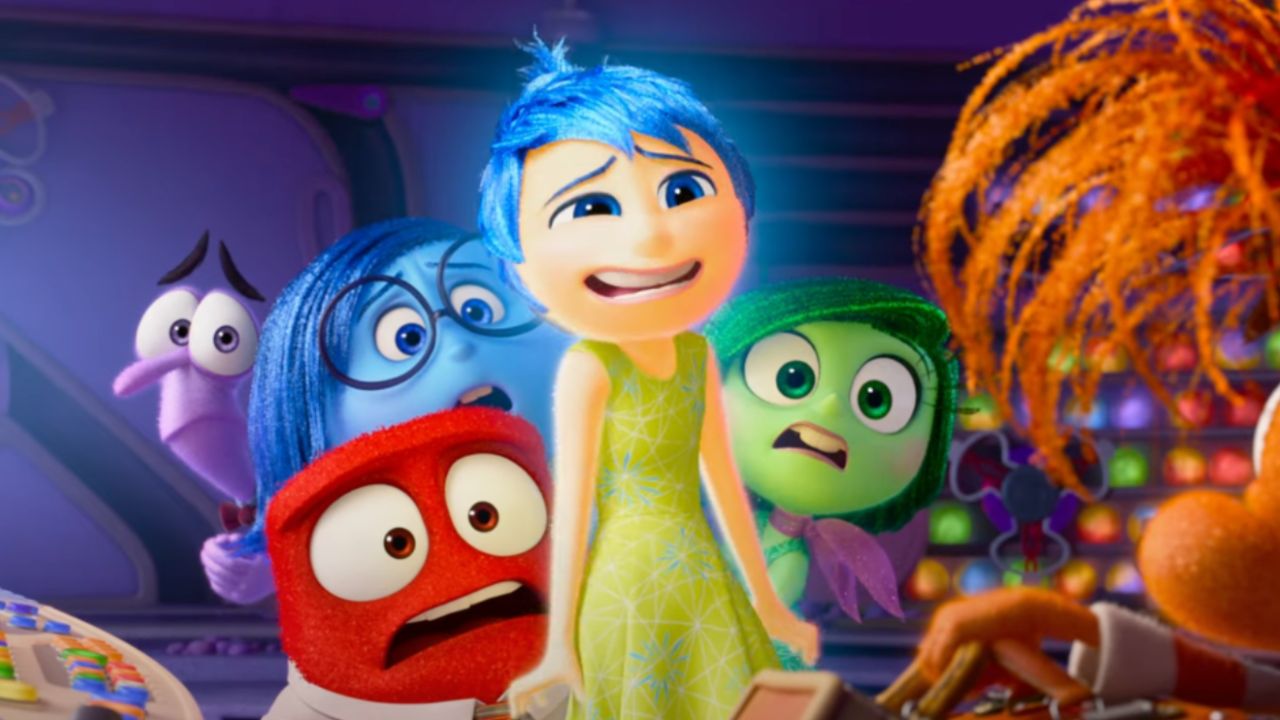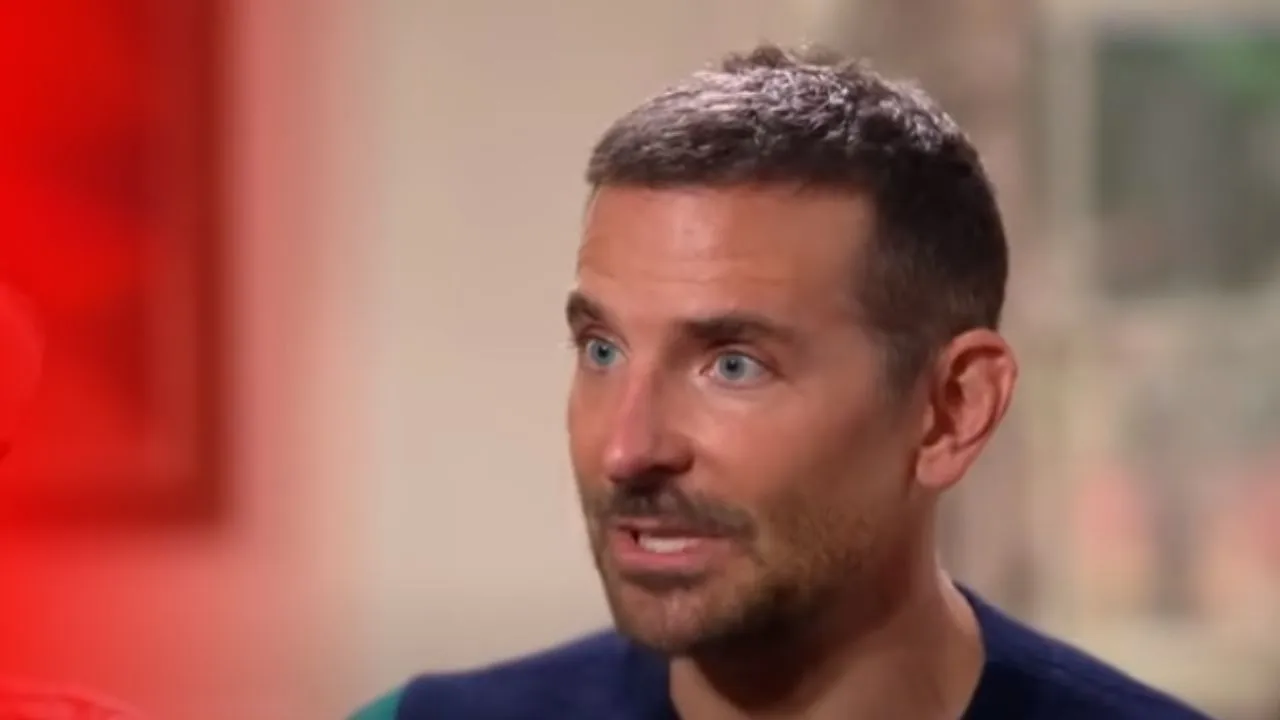Superman Takes Flight Amid ‘Woke Mind Virus’ Storm: James Gunn’s Reboot Ignites America

In a cinematic showdown that’s shaking the foundations of pop culture, James Gunn’s bold reboot of Superman has soared into theaters, sparking a fiery debate that’s splitting America right down the middle. Starring David Corenswet as the iconic Man of Steel, the film—released to a flurry of mixed reviews—has become the latest flashpoint in the ongoing culture wars, with the term “woke mind virus” dominating headlines and social media feeds.
The controversy kicked off with a biting opinion piece by Rex Huppke in USA TODAY on July 11, 2025, which skewers conservative critics who claim Gunn’s take on the superhero is infected by progressive ideology. Gunn, fresh off his Marvel successes with Guardians of the Galaxy, has positioned his Superman as a symbol of immigrant kindness, harking back to the character’s 1938 creation by Jewish immigrants Jerry Siegel and Joe Shuster.
Born from their experiences of hardship during the Great Depression, Superman was a beacon of hope—and Gunn’s reimagining seeks to honor that legacy with a modern twist.But not everyone’s buying it. The phrase “woke mind virus,” coined by Elon Musk in February 2025 to decry what he sees as ideological bias in AI and culture, has been weaponized by detractors.
Musk, whose xAI powers the AI Grok, insists his creation sidesteps such influences—though hard data on AI’s sway over human thought remains scarce. Huppke’s satire takes a jab at this narrative, suggesting the film’s compassionate Superman is less a cultural contagion and more a return to the hero’s immigrant roots.Critics are split. The Guardian’s July 9 review called it a “cluttered, pointless franchise restarter,” with Corenswet’s performance lacking the gravitas fans crave. The Standard piled on July 11, slamming its weak execution despite its ambitious vision. Yet, the real story lies beyond the screen.
The plot—featuring Superman aiding the fictional Jarhanpurians against the invading Boravians—mirrors real-world conflicts like Ukraine and Russia, fueling accusations of political messaging. Supporters see it as a plea for empathy; critics call it propaganda.This divide mirrors America’s broader cultural landscape. With social media amplifying every take into a viral sensation—think X threads blowing up overnight—the 2025 entertainment scene is a battleground.
Deloitte’s latest Digital Media Trends report highlights how platforms are reshaping how we consume and debate movies, and Superman is ground zero. Box office numbers may waver, but the film’s cultural footprint is undeniable.For fans, this Superman is a love letter to a timeless American icon, reimagined for a nation yearning for unity. For opponents, it’s a symptom of a fractured society no cape can heal. As the Man of Steel flies into this storm, one truth stands tall: Gunn’s Superman isn’t just a movie—it’s a reflection of who we are in 2025. Whether it triumphs or falters, its legacy will be etched in the debates it ignites across our living rooms and screens.





